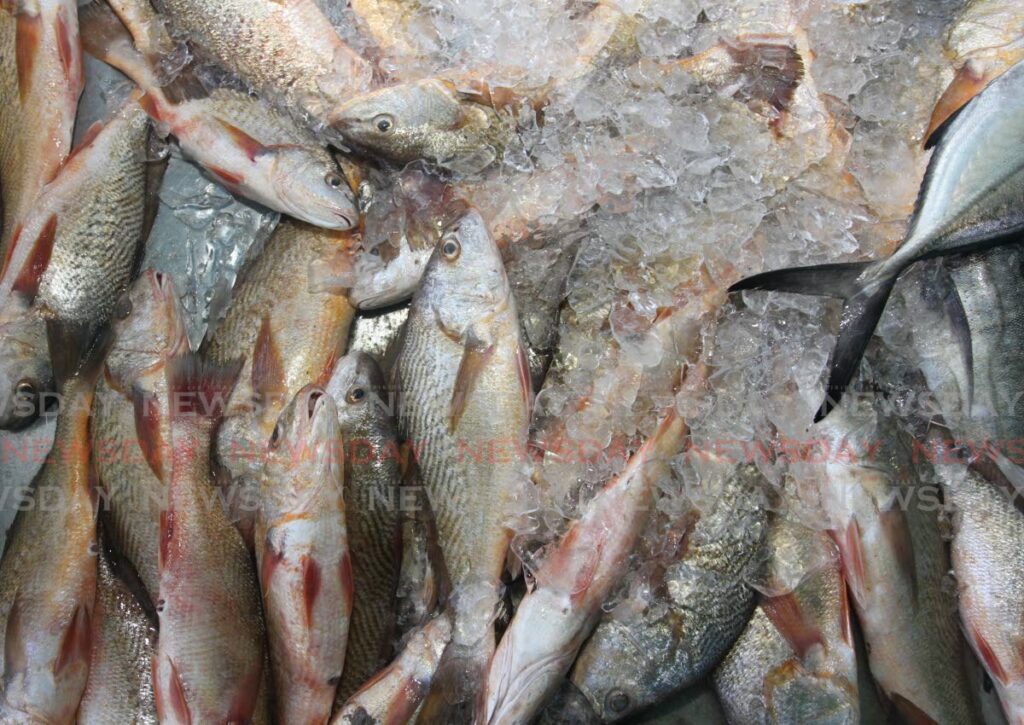A fishy affair

It's appalling that TT should find itself on another EU blacklist, this time not for failures of financial reporting, but for, of all things, fishing.
The European Commission has listed this country as non-cooperating in its efforts to manage illegal, unreported and unregulated fishing (IUU). TT is now blocked from exporting its fish and fish-related products to any EU country. The Ministry of Trade and Industry countered, rather huffily, that its exports to the EU represent only 0.022 per cent of its exports of fish products.
TT was given a yellow-card warning by the EU in April 2016 and managed to do nothing satisfactory about the issue for seven years.
What didn't TT do to the EU's satisfaction? The Government has failed to adopt an adequate legislative fisheries framework to regulate and control the activities of national fishing vessels and fishing activities in waters under national jurisdiction, inclusive of foreign fishing vessels calling at our ports.
IUU legislation dates from the 2001 Food and Agriculture Organisation's International Plan of Action to reduce illegal fishing. The EU imports 70 per cent of its seafood, so TT, despite its minor profile as an exporter, is caught in a wider net designed to raise awareness of the consequences of unregulated fishing which is part of the United Nations 2030 agenda for sustainable development.
An immediate example. Tobago's fishing community has complained about incursions by unauthorised and unmonitored Barbados fishing vessels into our sovereign waters. With the flying-fish season beginning this month, it's again in the news. Fish do not honour the boundaries of nations and as flying-fish stocks have migrated from Barbados to TT, fishermen from that country feel entitled to pursue them.
If we have not studied the flying-fish stock available in our waters and do not monitor the catch taken, overfishing is a likely consequence.
The Trade Ministry seems to have misunderstood the reason for the sanction. The FAO is advocating the sustainable, managed approach that's central to idea of a blue economy.
The world cannot continue to harvest fish by the billions from its ocean commons without understanding the impact that commercial fishing has on fish stocks and the survival of species. Overfishing has put bluefin tuna, carp, conch, grouper, halibut and shark, to name a few familiar species, on the endangered list. More than 600 ocean species are listed as critically endangered and more than 1,600 are at risk of extinction. Even the fish we don't eat that are captured by trawlers are part of an ecosystem that is being destroyed by predatory fishing. This is not a matter to be managed by individual fishermen.
Controls implemented by governments, overseen by scientists and regulated with consultation and agreement are the only solution.


Comments
"A fishy affair"